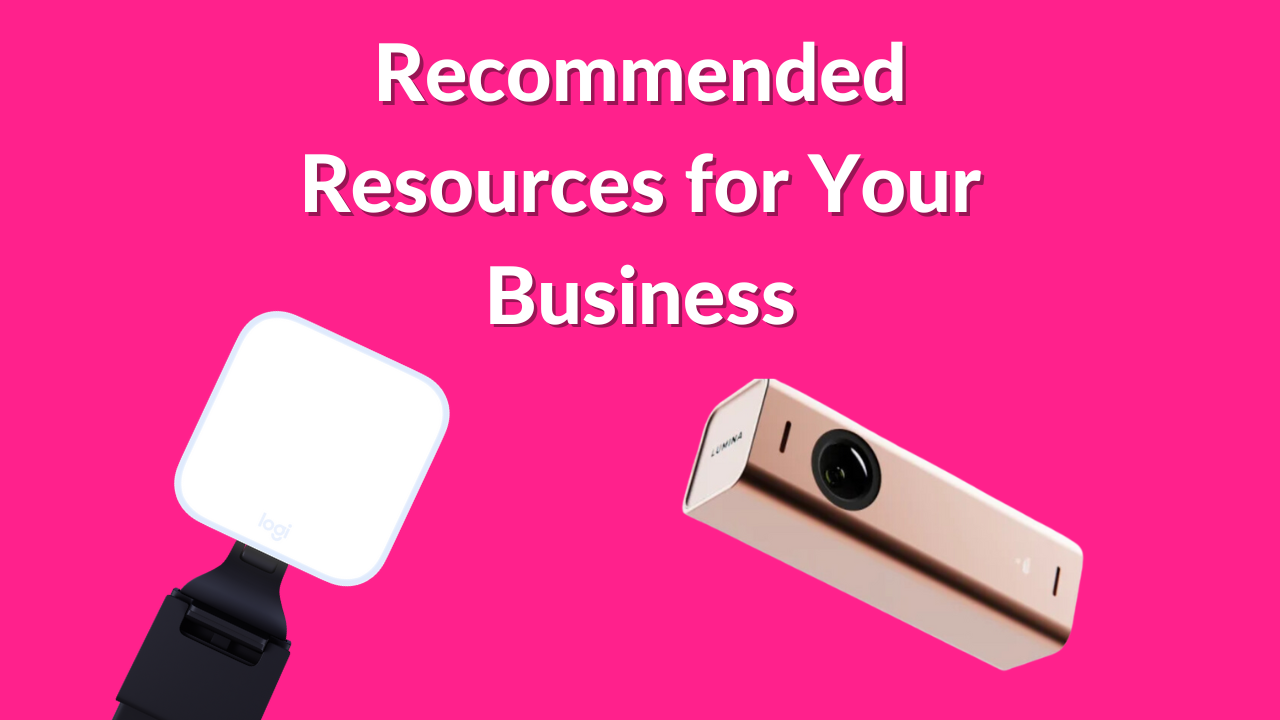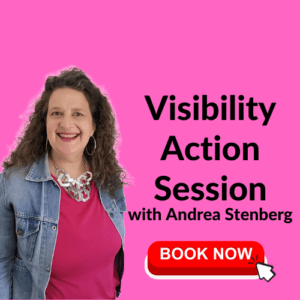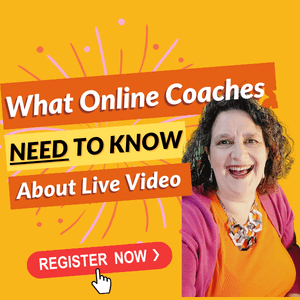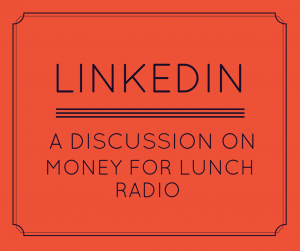Have you been holding off on creating a LinkedIn profile because you’re not sure it will be of value to you? Here’s my short list of businesses that need to be on LinkedIn and how it benefits them. Even if your business type isn’t listed here, you may get ideas on how to use LinkedIn.
Authors, Journalists and Bloggers
When looking for experts to interview, there’s no better place to look than LinkedIn. Not only that, you can monitor discussions in Answers or Groups to look for hot topics to write about. Even better, post a question in Answers or a Group and use the responses to guide your article. With permission, you could even get some interesting quotes to use.
Consultants
You can do a lot of research about your clients using LinkedIn. Learn about key players and see what’s new in the company: who’s been hired or promoted and who’s left. Use this information to be better prepared for pitches or in delivering your services.
Sales professionals
Why make cold calls if you can warm them up first? Locate potential customers on LinkedIn first. See if any of your connections already know your prospect then get an introduction. When you phone for an appointment, they’ll already have a level of trust because you’ve been introduced.
Recruiters and Human Resources Professionals
LinkedIn is a great way to find out the truth about potential employees. Unlike paper recommendations, you know the LinkedIn recommendations appear as written by the recommender. Still have questions about a candidate? Use LinkedIn to find former colleagues to get the real scoop on this person.
Executive Directors of Non-profits
Using a LinkedIn profile to promote a non-profit. Create a group to promote discussion. The group doesn’t have to have your organization’s name. It could include a more general topic that will attract people who might not be looking for your organization. Using your profile, you can promote the Non-profit by importing a blog, asking and answering questions and participating in other groups. Finally, you can network and connect with key people who could be potential volunteers, donors or advocates for your group.
Freelancers
Anyone who freelances should be on LinkedIn. Use your public profile as an online resume to promote yourself. Unless you’re really good at SEO, your LinkedIn profile will probably show up higher in Google ranking than your website. Being seen as an expert in the Answers section will increase your profile and show potential customers you know your stuff. Having connections to current and past customers will show off the type of work you do and increase the likelihood that you show up in searches. And having recommendations from those customers will make future customers more comfortable about hiring you.
Anyone who purchases products or services for their business
Whether it’s software, a new cell phone provider or a new web designer, use LinkedIn to get the right products or services for your business. Ask your connections for recommendations. I once asked my network for help choosing between two types of software. Within eight hours I had seven very strong opinions about which software was better plus one recommendation for a third piece of software I’d never heard of (and ended up buying).
This is by no means a definitive list. However, it does illustrate a number of ways LinkedIn can benefit a variety of businesses, probably even yours.
Andrea J. Stenberg
If I missed an obvious business that should use LinkedIn, please leave a comment and let me know what it is and why LinkedIn is so useful to that type of business.







